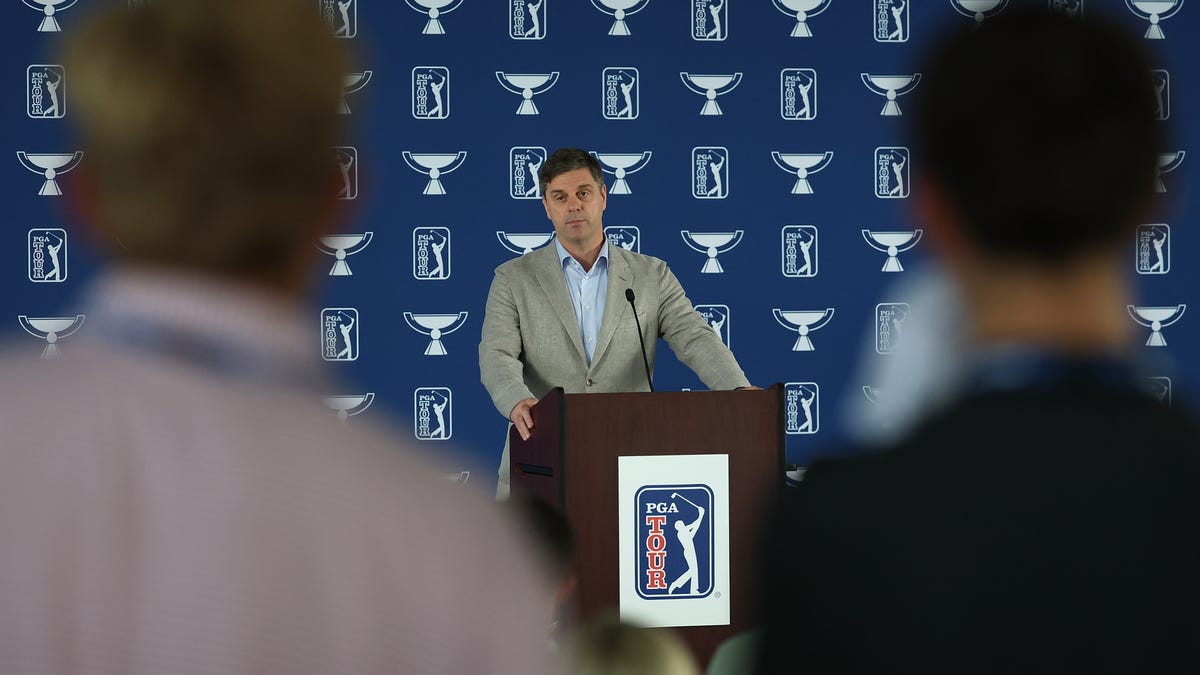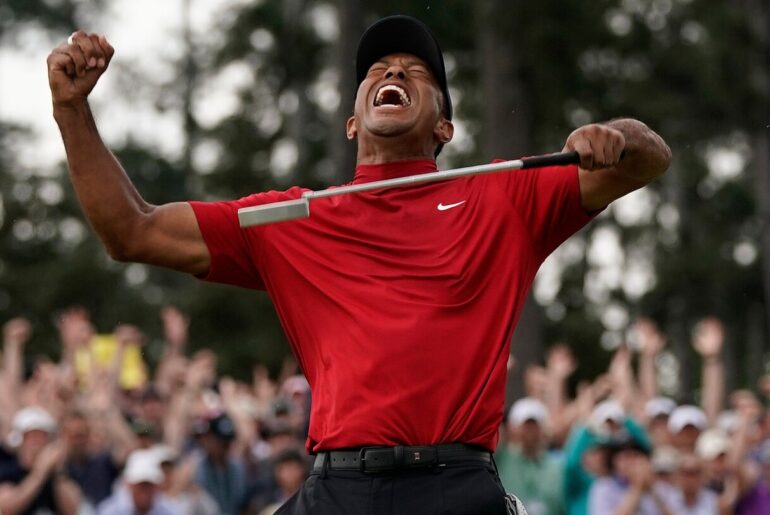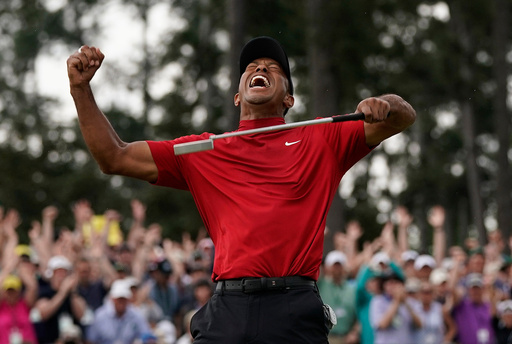ATLANTA – Brian Rolapp announced his first act as PGA Tour CEO. He’s creating a Future Competition Committee to be chaired by Tiger Woods with the purpose of defining “the optimal competitive model that enhances the PGA Tour’s value to fans, players and partners.”
“The purpose of this committee is pretty simple. We’re going to design the best professional golf competitive model in the world for the benefit of PGA Tour fans, players and their partners. It is aimed at a holistic re-look of how we compete on the Tour. That is inclusive of regular season, postseason and offseason,” he said during a press conference on Wednesday at East Lake Golf Club ahead of the 2025 Tour Championship. “We’re going to focus on the evolution of our competitive model and the corresponding media products and sponsorship elements and model of the entire sport. The goal is not incremental change. The goal is significant change.”
Rolapp, who spent 22 years with the NFL and served as chief media and business officer for the past eight years, was named the Tour’s first CEO on June 17. He’s officially been on the job for 18 days.
“The strength of the PGA Tour is strong, but there’s much more we need to do, much more we need to change for the benefit of fans, players and our partners,” he said. “I said when I took the job that I would take it with a clean sheet of paper, and that is still true. My fan letter on day one, I said, we’re going to honor tradition, but we will not be overly bound by it. Now we’re going to start turning that blank sheet of paper into action with an idea to aggressively build on the foundation that we have.”
Joining Woods on the newly created nine-person committee will be policy board player directors Patrick Cantlay, Adam Scott, Camilo Villegas, and Maverick McNealy and Keith Mitchell, who will be joining the board next year when Peter Malnati and Webb Simpson complete their tenure. There also will be three other business advisors: Joe Gorder, chairman of both of the Tour’s boards, John Henry, principal of Fenway Sports Group and PGA Tour Enterprises board member, and Theo Epstein, who serves as a senior advisor to Fenway Sports Group and was general manager of the Boston Red Sox and president of baseball operations with the Chicago Cubs. Rolapp noted that there are twice as many players as business executives on the committee.
“The player input to this is extremely important. Some, including Maverick and Keith, serve on the PAC or the player advisory committee. All are deeply experienced, and all are in different places in their career,” he explained. “So that diversity of viewpoint will be very important. The others have deep experience in the sports world and deep experience in commercial matters.”
Rolapp cited three governing principles that will guide the committee to make the Tour even stronger – parity scarcity and simplicity.
“Everybody wants to go into an event not knowing who’s going to win. My old job, I think we obsessed about these things. Other than the NFL, I think golf is the closest thing that’s I’ve seen that’s sort of competitive parity. In my old world, we could pick five teams we think are going to win the Super Bowl, and I think we’d probably both be wrong. I think golf has similar characteristics, so I think that’s a strength we’re going to lean into,” Rolapp said. “I think every sport who’s successful has that, and I think we’re going to chase that.”
He also is committed to a meritocratic structure, a point of emphasis made to Rolapp during his discussions with roughly 20 different players he’s already met with since assuming the job. A common refrain, he said, was players telling him, “Wherever we end up on a competitive model, let’s just make sure that I can earn my way into it, and if I earn my way into it, I deserve to be there.”
“I’m not sure that should have surprised me, but it did,” Rolapp said. “I thought that’s an amazing attribute and a strength of the Tour.”
In terms of simplicity, the committee will seek to create a better connection between the regular and postseason to magnify the Tour Championship.
“The events need to matter, and you need to understand as a fan what the stakes are. If this person wins, if this person loses, if this person finishes here on the leaderboard, what does it that mean and how does that tie to the postseason?” Rolapp said.
Why did Rolapp choose the creation of this committee as his first act of business? “It’s important to set a vision and a tone for what we want to accomplish, which is significant change,” he said.
Rolapp said there wasn’t a specific date scheduled for the first meeting but it would be soon, nor is there a firm timeline to implement “significant change.”
“We will take as much time is to get it right, at least the initial time out, but we’re going to aggressively move. So I would like to put in the right competitive model as soon as we can,” he said.






